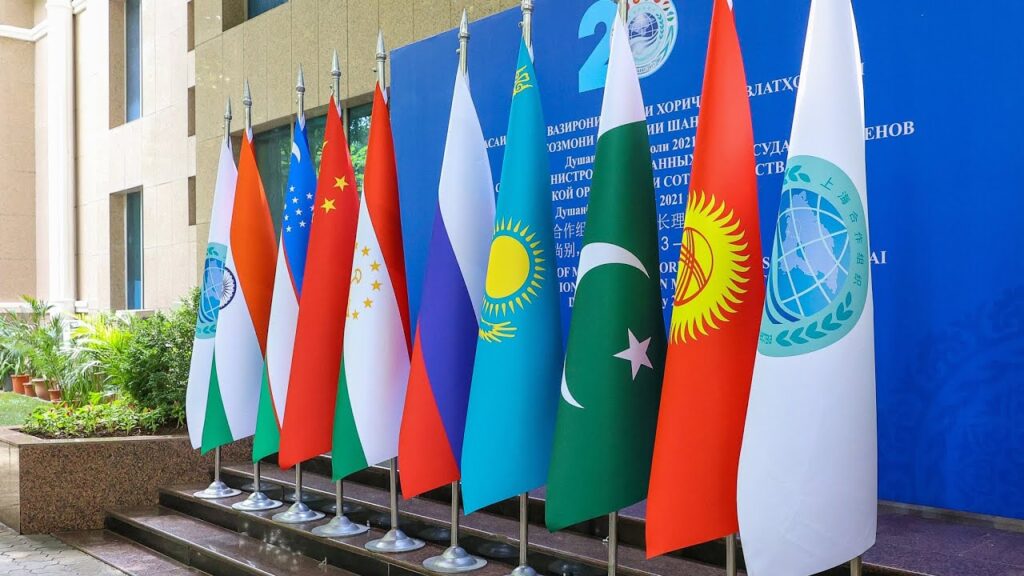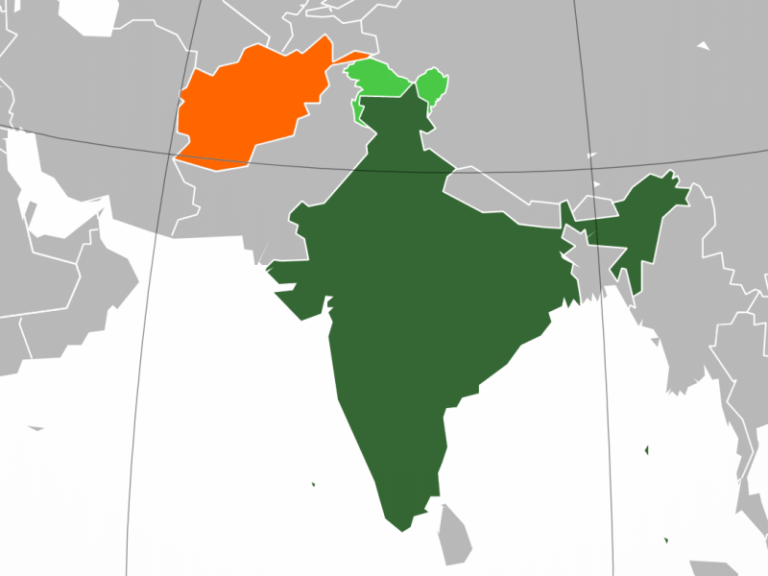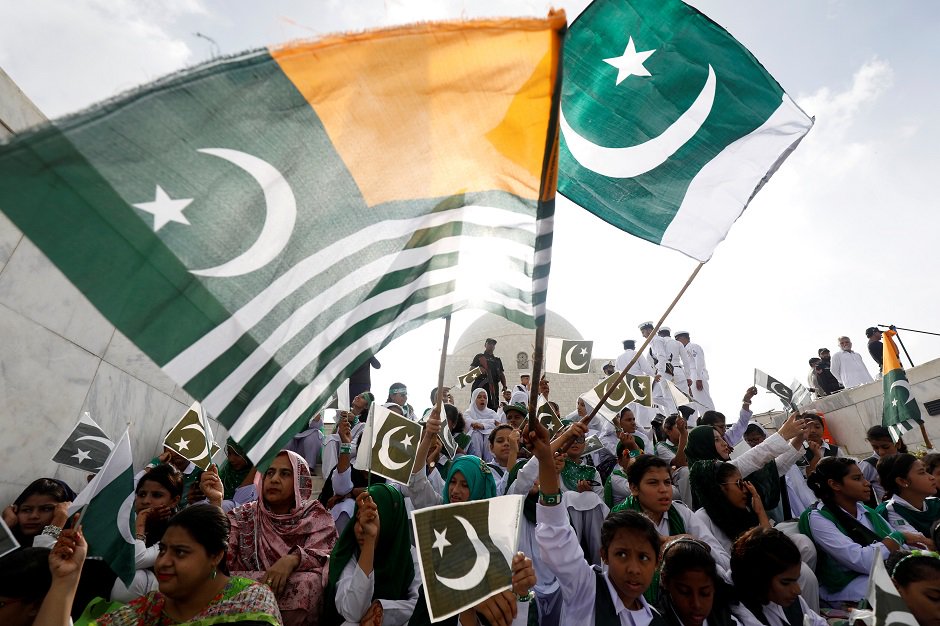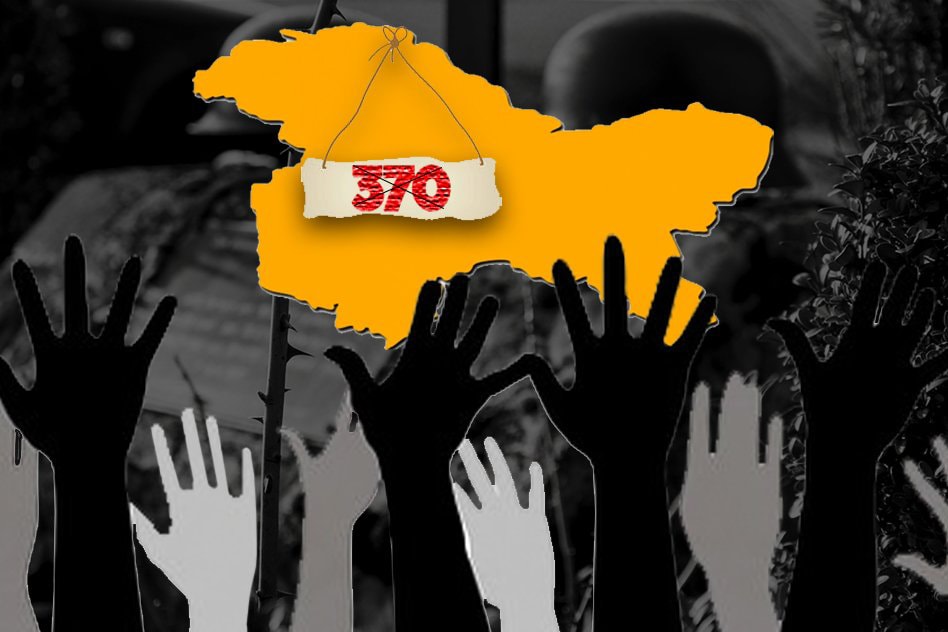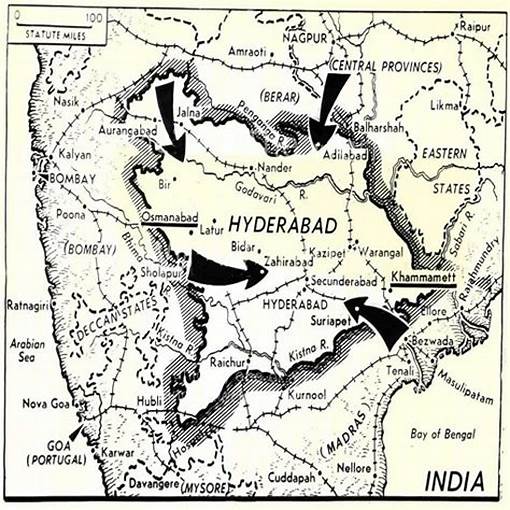The upcoming SCO Summit presents Pakistan with a crucial opportunity to enhance its global standing, but also significant challenges. Missteps in handling political instability or countering India’s narrative could backfire. To seize this moment, Pakistan must skillfully manage relations with key players like China, Iran, and Russia while diplomatically addressing India’s criticisms. A well-crafted, strategic approach is essential to turning these challenges into long-term foreign policy gains for the country.
- +923175572196
- editor@theglobalpolitico.com

